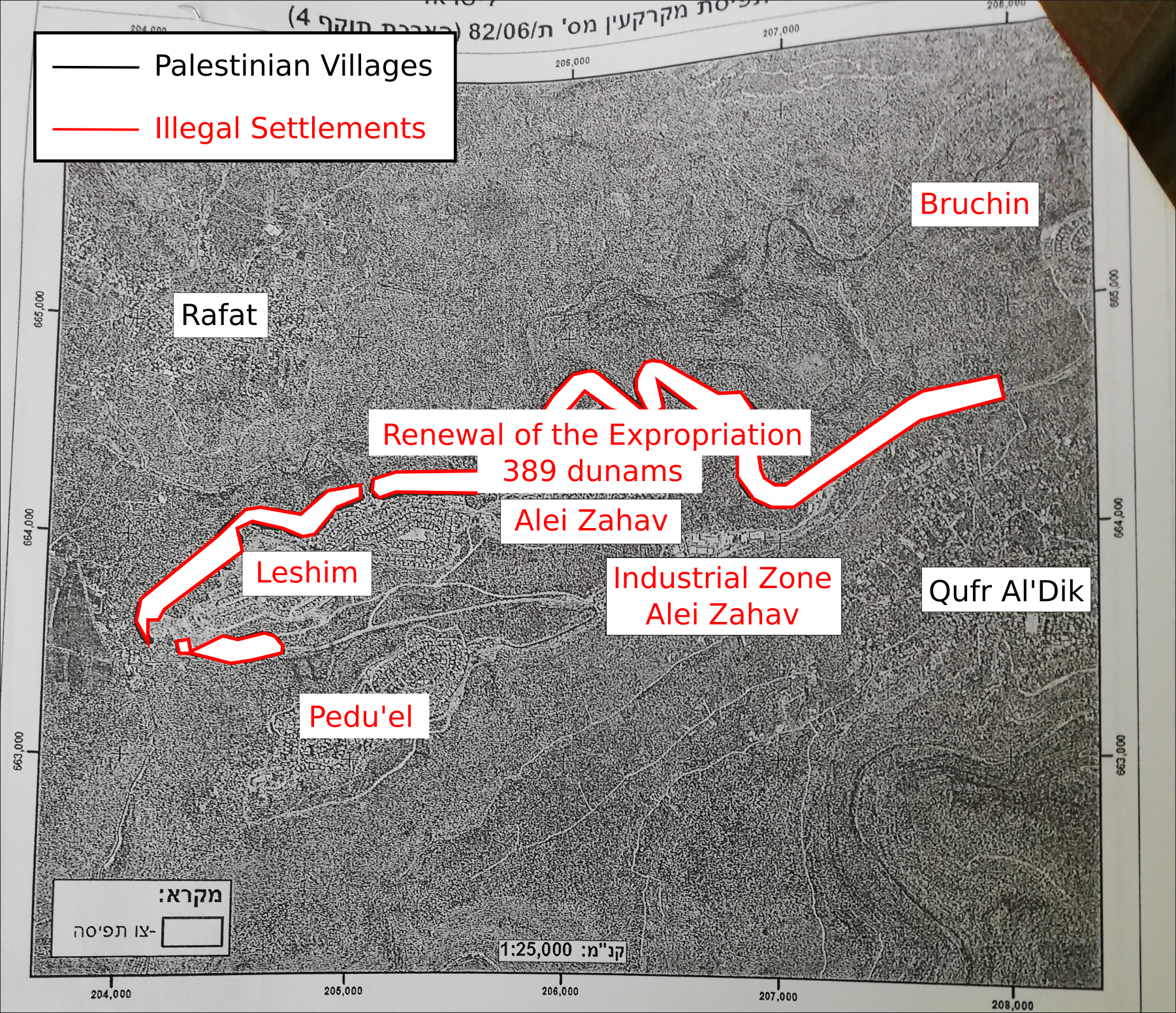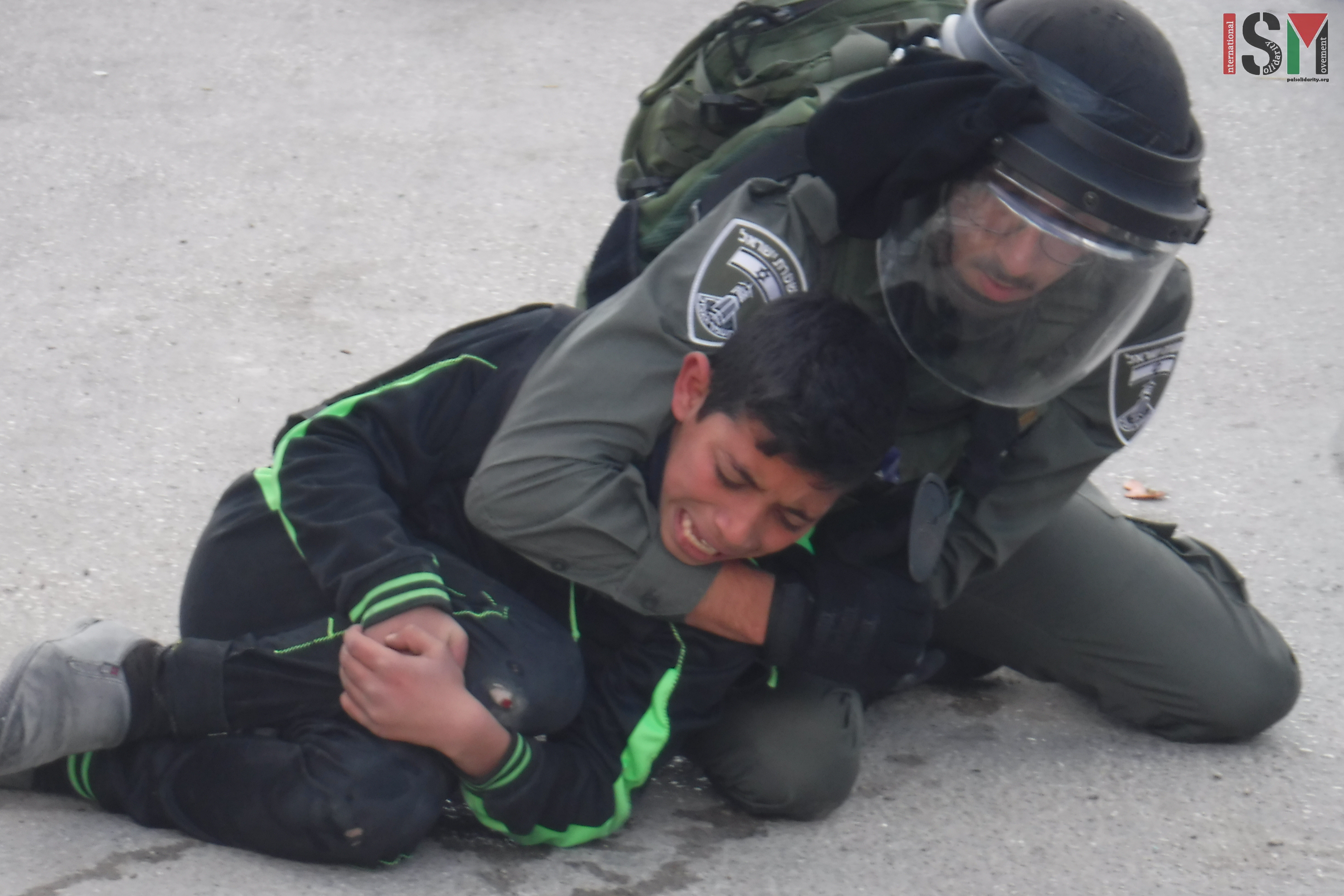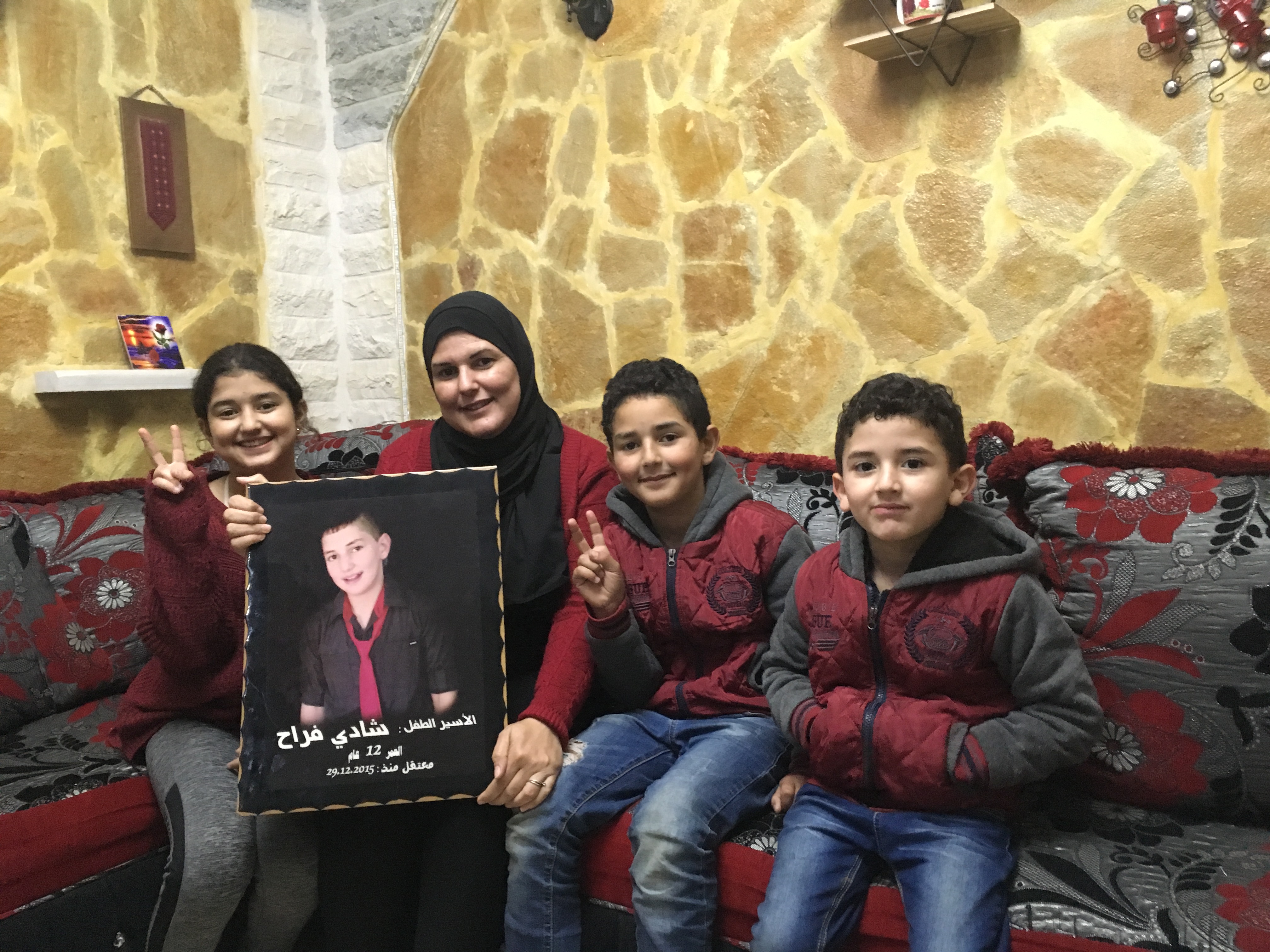Tag: Occupied Palestine
-
Report on Land Confiscations by the Israeli Army in Salfeet and Qalqilya Area
The Israeli Occupation Forces have recently announced a new series of land seizures in eleven villages in Salfeet and Qalqilya, Occupied Palestine, a move that will affect almost 1 million square metres of Palestinian land.
-
After School in Hebron, A Journal – 6 boys detained by Israeli forces in 2 Days
5th December 2018 | International Solidarity Movement, Al-Khalil Team | Hebron, occupied Palestine [Updated December 6] For two days running, Israeli occupation soldiers and Border Police ambushed young children aged 10-14 years after school in Hebron. Tuesday, 24thDec. 2 boys were detained at Salaymeh checkpoint after being ambushed by a group of soldiers sneaking around…
-
Farihan Farah’s painful separation from her son is nothing new for Palestinian mothers
22nd November 2018 | International Solidarity Movement, Ramallah team | Kafr Aqab, occupied Palestine Nearly three years after being locked up in a detention center in Northern Israel, Shadi Farah, currently the youngest child imprisoned by Israel, is finally going home. “I feel that this month has been the longest month of my life.” Farihan Farah…



